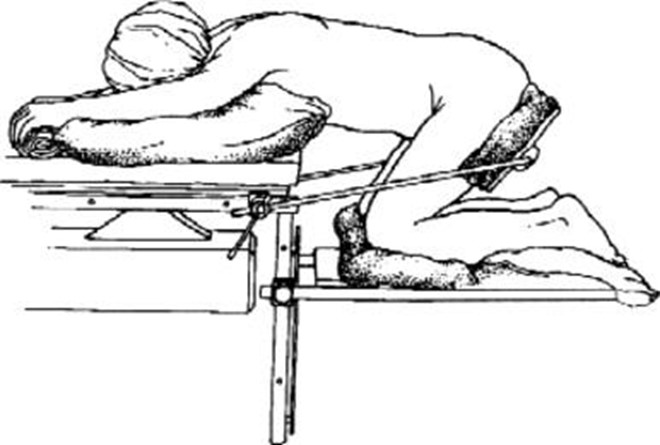A nurse is caring for a client who has a prescription for ibuprofen to treat postpartum cramping. Which of the following questions should the nurse ask prior to administering the medication? (Select all that apply.)
"Are you taking over-the-counter medications?”
"Do you have a history of gastric problems?”
"What kind of contraception will you be using?”
"Are you being treated for high blood pressure?”
"Do you have a history of cataracts?”
Correct Answer : A,B,D
Choice A rationale:
The nurse should ask the client if they are taking over-the-counter medications because ibuprofen is also available over-the-counter. It is important to know if the client is already taking ibuprofen or any other non-prescription pain relievers to avoid potential drug interactions or overdosing.
Choice B rationale:
The nurse should inquire about the client's history of gastric problems because ibuprofen is a nonsteroidal anti-inflammatory drug (NSAID) that can cause gastrointestinal irritation and bleeding. If the client has a history of gastric ulcers or other gastric issues, the nurse may need to consider an alternative pain relief option.
Choice C rationale:
The question about contraception is not directly related to administering ibuprofen for postpartum cramping. It is essential to provide adequate pain relief, but the method of contraception the client plans to use is not relevant to the administration of the medication.
Choice D rationale:
This question is pertinent because NSAIDs like ibuprofen can cause fluid retention and potentially worsen hypertension.
Choice E rationale:
The presence of cataracts is not relevant to the administration of ibuprofen for postpartum cramping. Cataracts are a concern with eye health and are not associated with taking this pain medication.
Nursing Test Bank
Naxlex Comprehensive Predictor Exams
Related Questions
Correct Answer is B
Explanation
Choice A reason:
Nevus flammeus, also known as a port-wine stain, is a flat, pink, red, or purple mark on the skin present at birth. It is a congenital vascular malformation and does not involve swelling that crosses suture lines.
Choice B reason:
Caput succedaneum is the correct diagnosis for swelling that crosses suture lines on a newborn's head, typically associated with a prolonged or difficult vaginal delivery, especially with the use of vacuum extraction.
Choice C reason:
Cephalohematoma is a collection of blood under the periosteum of the cranial bones that does not cross suture lines. It appears soon after birth and is usually caused by birth trauma.
Choice D reason:
Erythema toxicum is a common rash in newborns, presenting as red patches with small white or yellow pustules. It does not cause swelling over the head that crosses suture lines.
Correct Answer is D
Explanation
Choice A rationale:
Administering oxytocin to the client via intravenous infusion is not appropriate when the nurse notes an umbilical cord protruding through the cervix. The priority is to relieve pressure on the cord to prevent fetal compromise, and administering oxytocin could worsen the situation.
Choice B rationale:
Applying oxygen at 2 L/min via nasal cannula is not the priority when an umbilical cord prolapse is detected. The focus should be on relieving pressure on the cord and changing the client's position to alleviate the compression.
Choice C rationale:
Preparing for insertion of an intrauterine pressure catheter is not appropriate when there is an umbilical cord prolapse. The immediate concern is the potential compromise of fetal blood flow, and addressing the cord prolapse takes precedence over any other interventions.
Choice D rationale:

Assisting the client into the knee-chest position is the correct action when an umbilical cord prolapse is observed during a vaginal exam. This position helps to alleviate pressure on the cord by moving the presenting part of the fetus off the cord and can prevent further fetal distress until more definitive interventions can be performed.
Whether you are a student looking to ace your exams or a practicing nurse seeking to enhance your expertise , our nursing education contents will empower you with the confidence and competence to make a difference in the lives of patients and become a respected leader in the healthcare field.
Visit Naxlex, invest in your future and unlock endless possibilities with our unparalleled nursing education contents today
Report Wrong Answer on the Current Question
Do you disagree with the answer? If yes, what is your expected answer? Explain.
Kindly be descriptive with the issue you are facing.
